Cats, with their mysterious ways and subtle gestures, have a unique way of communicating, even when it’s time to say goodbye. When the sad reality of a cat nearing the end of its life hits, recognizing their signals of farewell can be both heartbreaking and comforting. Understanding these signals can help provide the comfort they need in their final days. Here, we explore ten poignant ways cats express their goodbyes and how you can be there for them.
1. Seeking Solitude
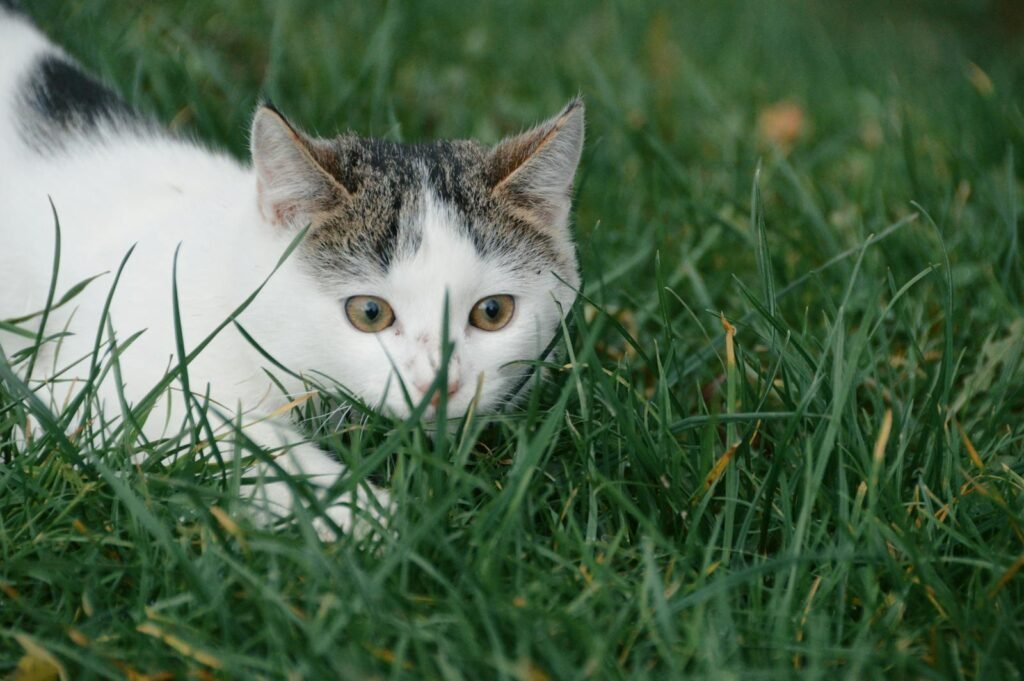
Cats often choose solitary places when they’re nearing the end of their life. This behavior harks back to their wild ancestors who, when feeling vulnerable, sought secluded spots to protect themselves from predators. If your cat suddenly starts hiding away in quiet corners of your home, it could be their gentle way of saying they need some solitude as they prepare to cross the Rainbow Bridge.
2. Changes in Eating Habits
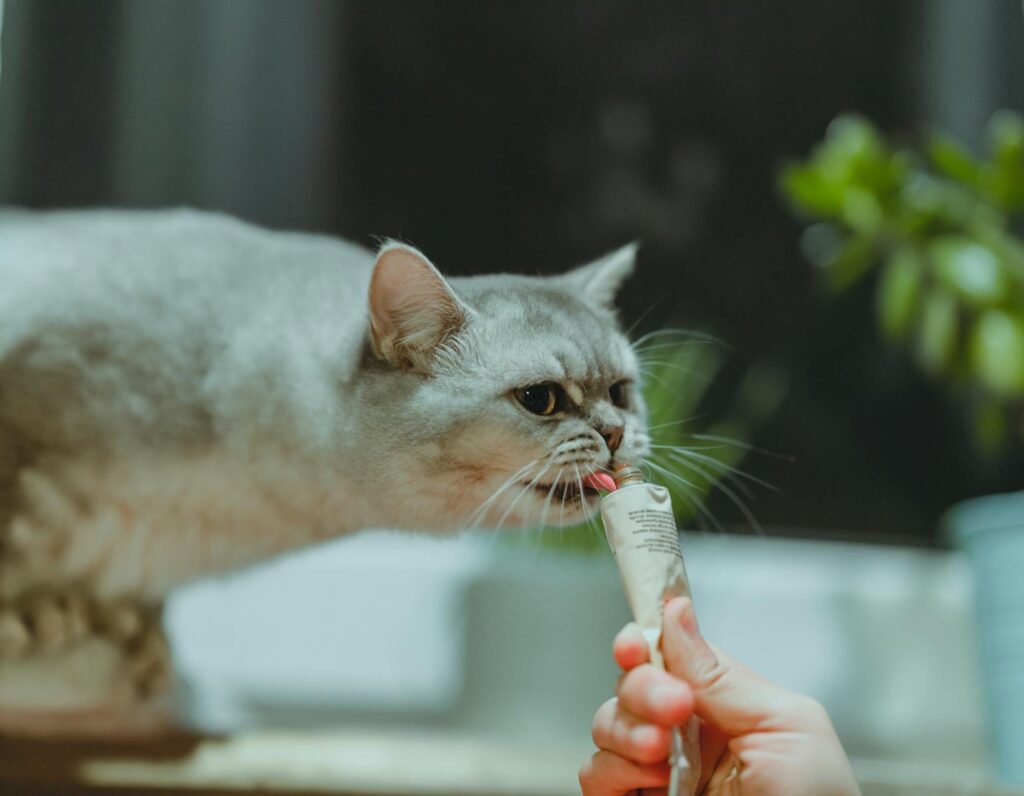
A noticeable decline in appetite is a common sign that a cat might be preparing to say goodbye. As their health deteriorates, they may lose interest in food and water entirely. This can be due to a variety of reasons, including pain or difficulty swallowing. It’s crucial to consult with a veterinarian if you notice significant changes in your cat’s eating habits.
3. Altered Grooming Behavior
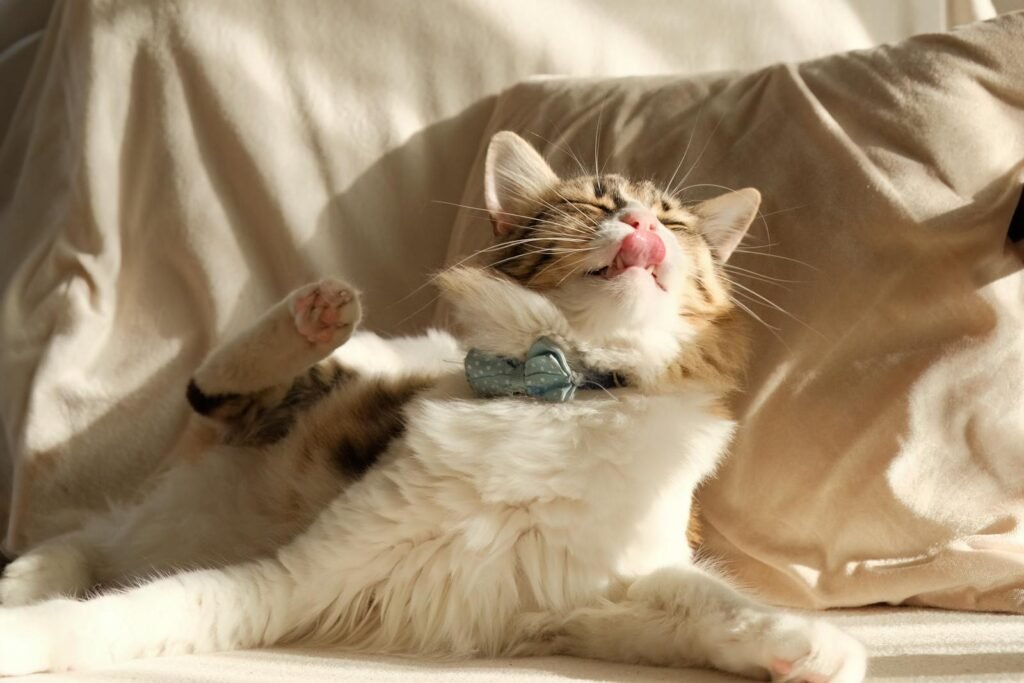
Cats are known for their fastidious grooming habits, so a sudden decline in their personal hygiene can indicate something is wrong. If your cat is neglecting their fur care, it may be because they lack the energy to groom themselves or because their joints are too stiff. This alteration can be one of the earliest indicators that your feline friend is not well.
4. Lethargy and Increased Sleep
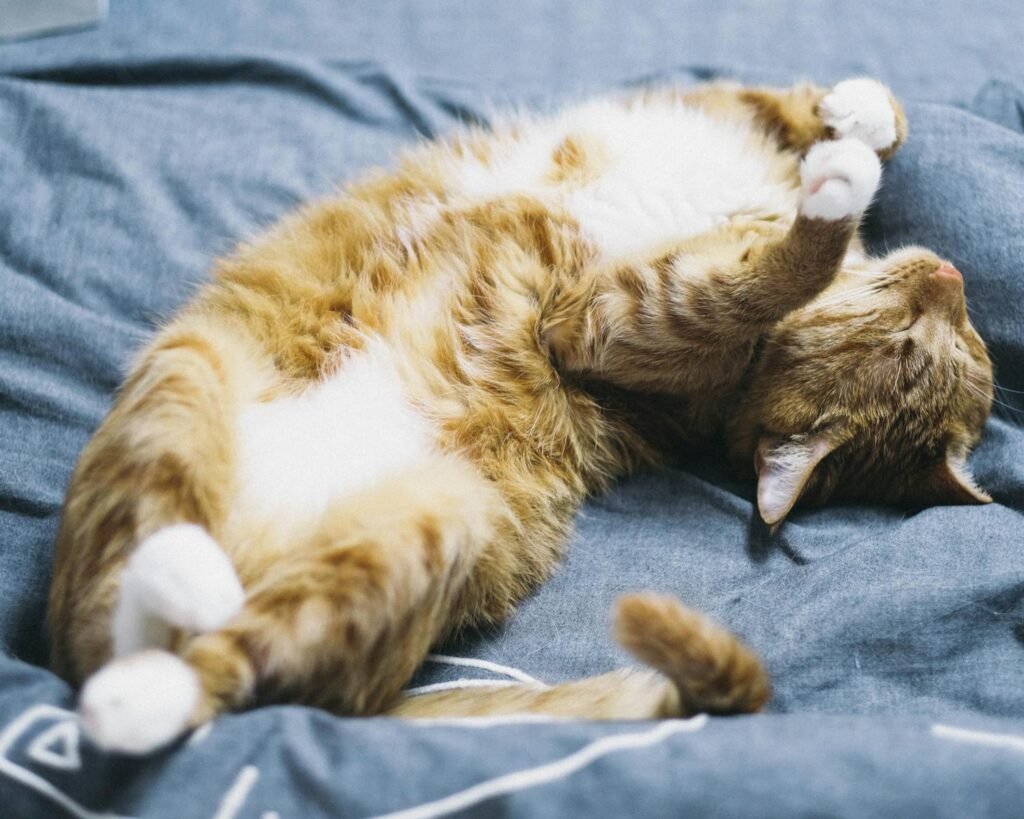
A cat nearing the end of its life will often sleep more than usual. Increased lethargy and a decline in activity levels can be indicative of their declining health. This behavior is normal as their body expends energy in trying to heal or cope with illness, leading to longer and deeper periods of rest.
5. Withdrawn Behavior
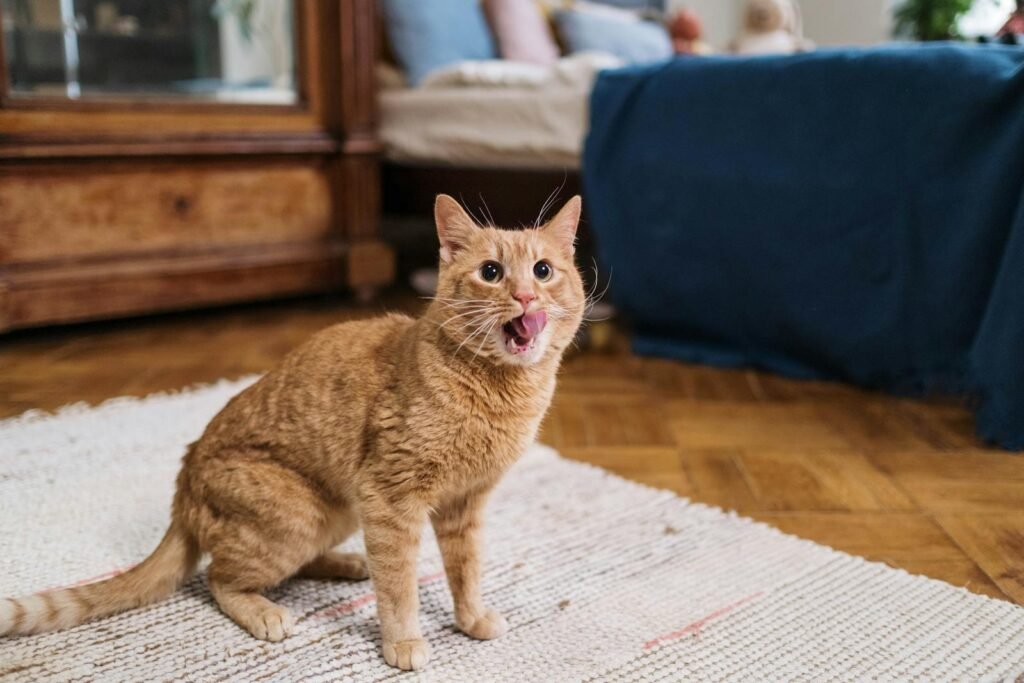
While some cats become clingy, others may retreat inward as they prepare to say goodbye. If your previously social cat becomes distant or aloof, this withdrawal might be their way of conserving energy and coping with discomfort. This behavioral change can be heart-wrenching, but providing space while offering your presence can be comforting.
6. Increased Vocalization
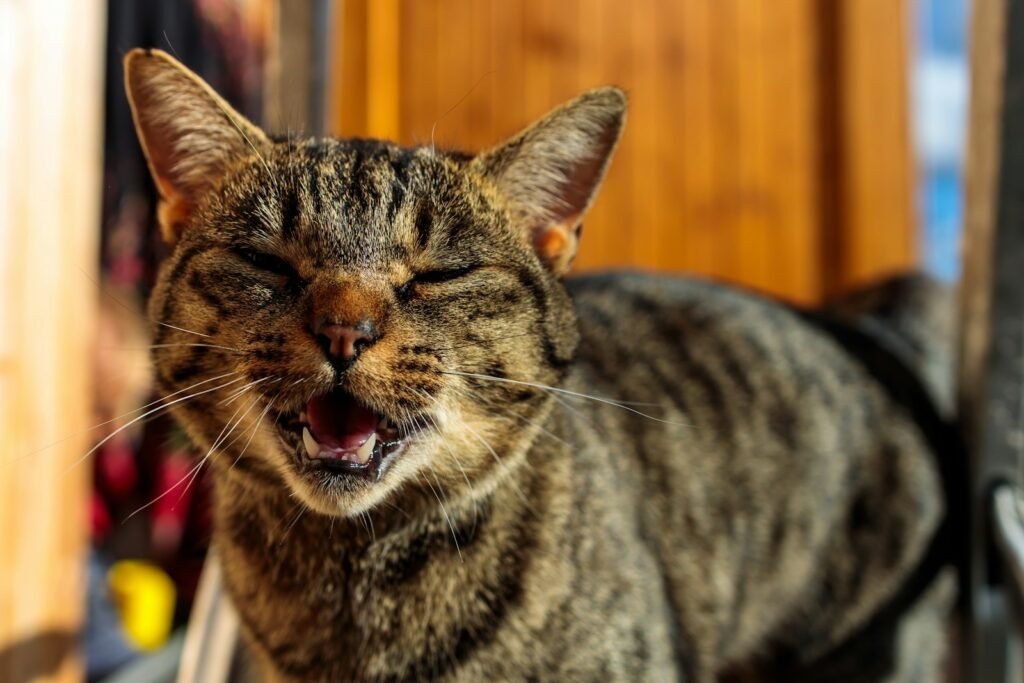
Cats might become more vocal as they approach the end. They may howl or meow loudly, sometimes at unusual times of the day or night. This could indicate discomfort, confusion, or a simple call for companionship during their final days. Responding calmly and talking gently to your cat can provide reassurance.
7. Clinginess and Seeking Affection
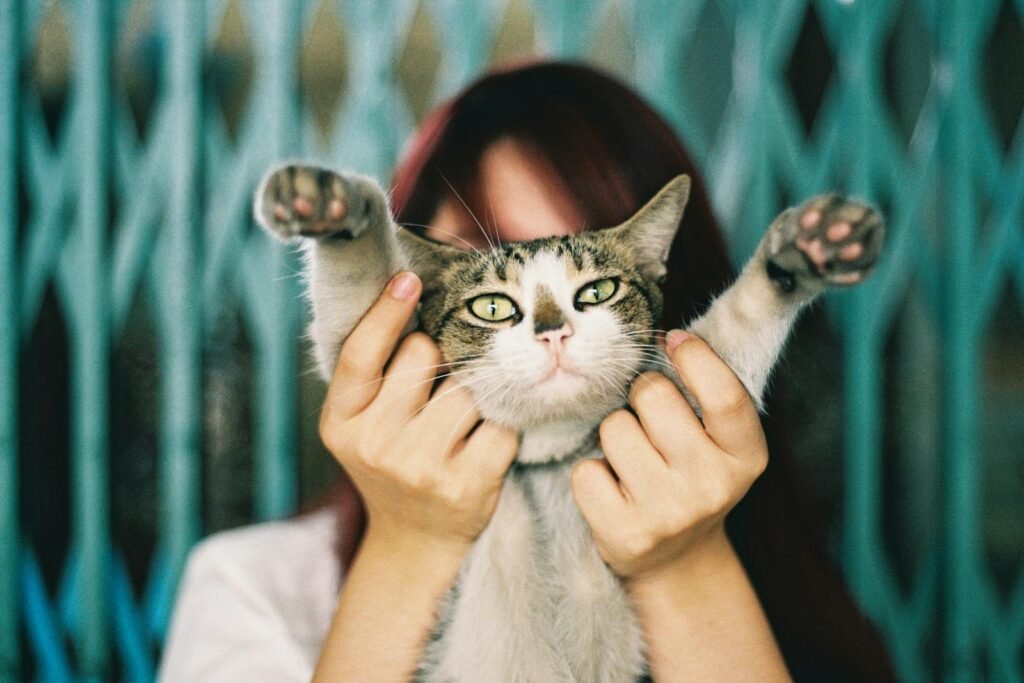
Conversely, some cats become unusually affectionate, seeking constant companionship. This increase in clinginess signals their need for comfort and reassurance. Providing extra love and attention can help soothe your cat, letting them know they are safe and loved as they reach the end of their journey.
8. Unusual Bathroom Habits
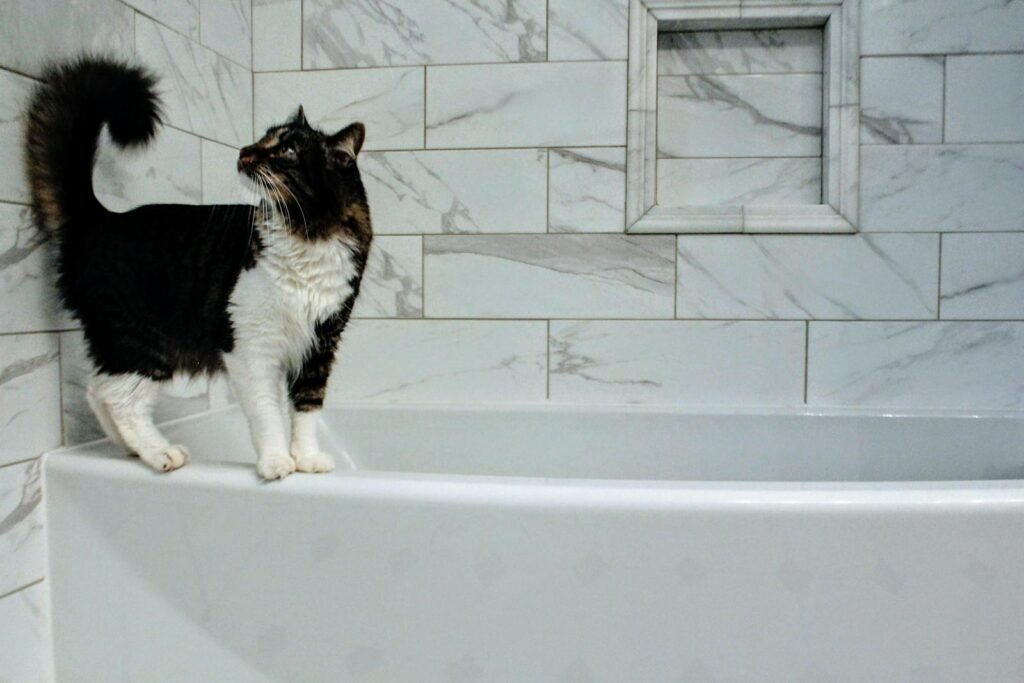
Cats in distress may begin to show unusual litter habits, such as urinating outside the litter box. This can occur due to physical limitations or discomfort that makes reaching their usual spot difficult. Patience and understanding, coupled with a visit to the veterinarian, can ensure they receive the care they need.
9. Breathing Changes
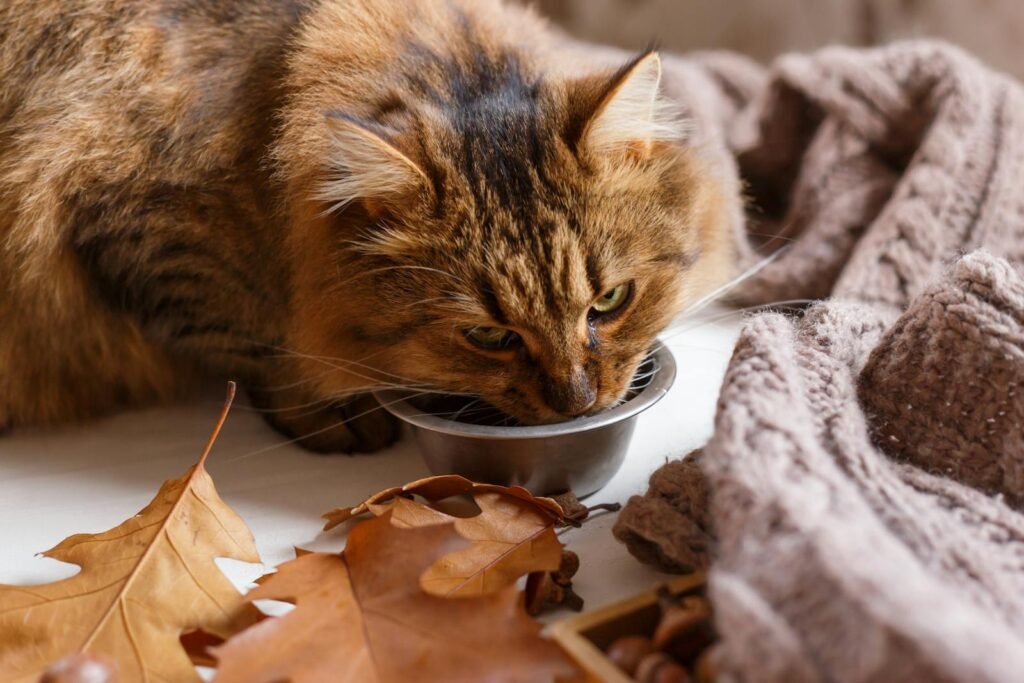
In their final days, a cat may exhibit changes in their breathing pattern, such as heavy or labored breaths. This can be indicative of an underlying health issue, signaling the need for immediate veterinary care. Monitoring these changes can help ensure your cat receives any necessary medical attention to ease their discomfort.
10. Sudden Health Decline
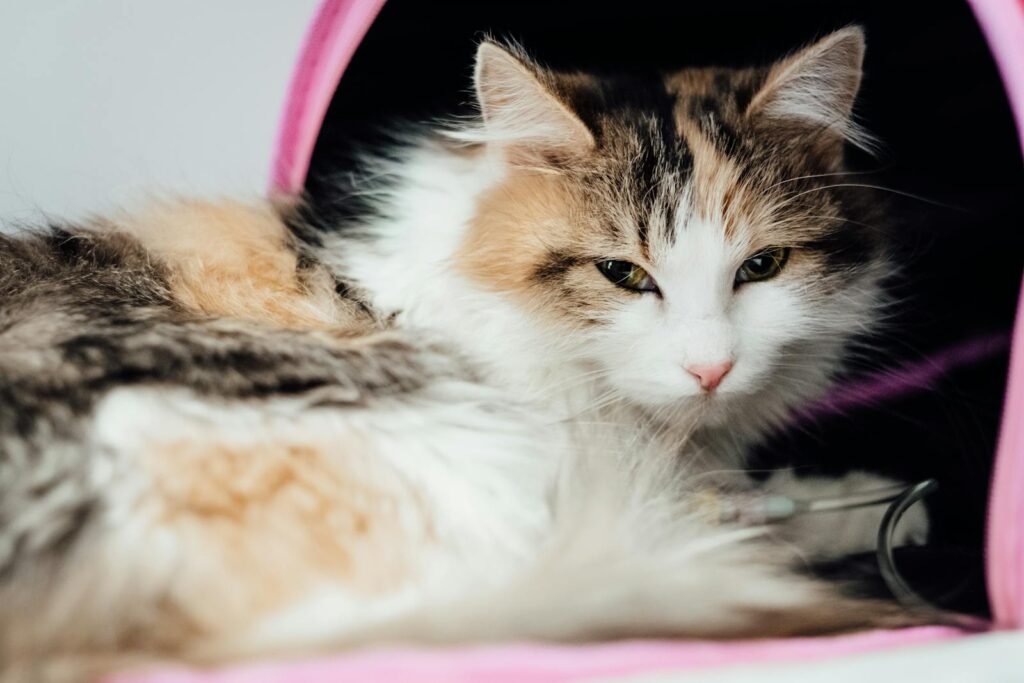
A rapid decline in health—such as seizures, sudden blindess, or loss of coordination—can often indicate that a cat is nearing the end. These changes can be startling, but quick consultation with your vet can provide you with guidance on how to proceed in the most compassionate way possible.
Each of these signs, though deeply distressing, serves a purpose in nature’s design. Our feline companions have their own ways of gently signaling that they’re ready to rest. By recognizing these signs and providing comfort through companionship, gentle touches, and love, you can make their final days peaceful and filled with the warmth they’ve always given.
Saying goodbye to a beloved cat is never easy, but understanding their final messages can help you navigate this emotional journey with empathy and grace.

Linnea is a born and bred Swede but spends as much time as possible in Cape Town, South Africa. This is mainly due to Cape Town’s extraordinary scenery, wildlife, and atmosphere (in other words, because Cape Town is heaven on earth.) That being said, Sweden’s majestic forests forever hold a special place in her heart. Linnea spends as much time as she can close to the ocean collecting sea shells or in the park admiring puppies.



